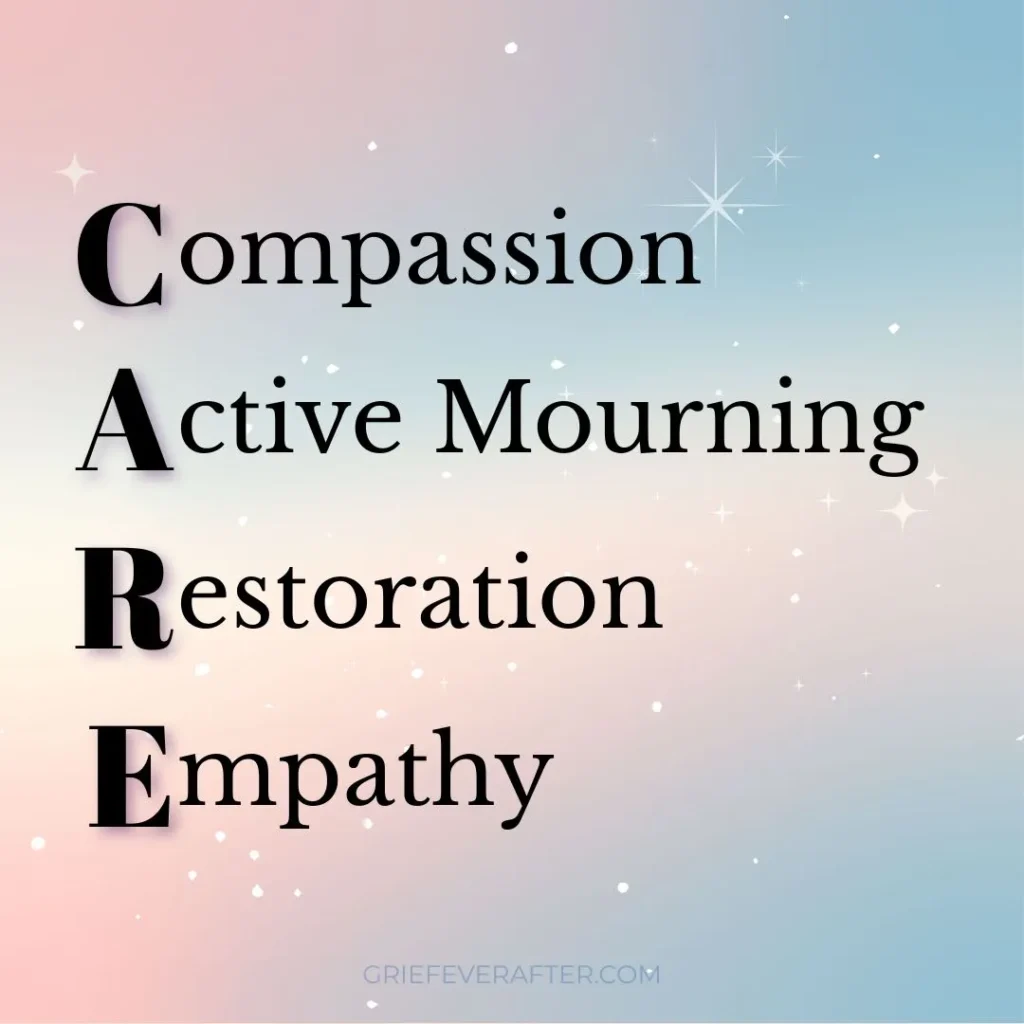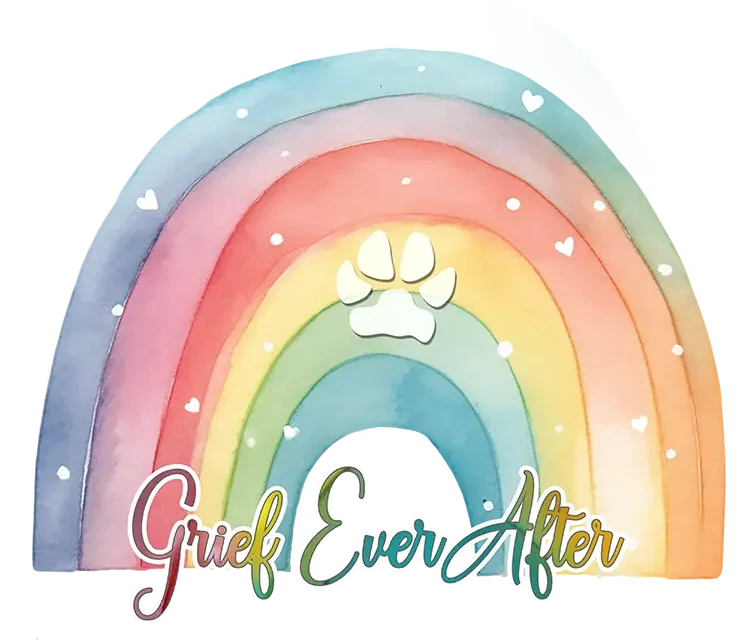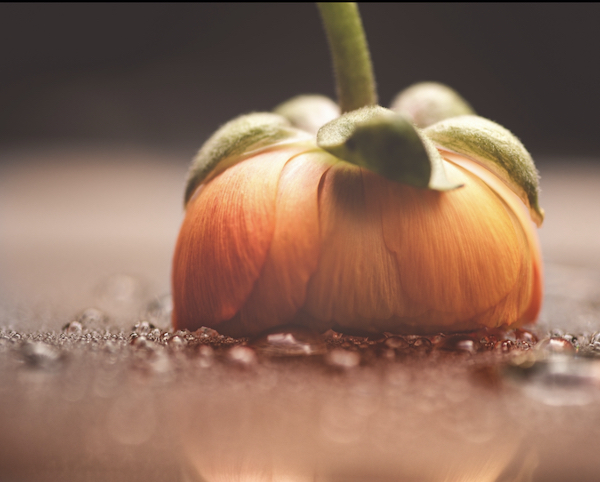Navigating Personal Pet Loss and Working in Veterinary Medicine
Working in the veterinary profession is rewarding, challenging, and purposeful. Caring for other people’s pets daily is a privilege that comes with a lot of emotional and mental ups and downs. If you’re navigating your own personal pet loss and working in veterinary medicine, you might find yourself on a very twisty rollercoaster of emotions.
As a veterinary professional, there’s unique challenges to grief that can make your loss feel multi-layered and complicated. Coupled with the fact that many vet professionals come to rely on their pet as their most trusted coping mechanism during tough times, grief can feel isolating and relentless.
Balancing professional obligations and personal needs
They want you back at work before you feel ready. You need a distraction from the hurt and know that bills don’t stop for grief, so you dive in. But actually being there and trying to function feels strange and overwhelming.
While returning to work itself isn’t a unique challenge of early grief, the added layer of caring for others’ pets and interacting with families who are both joyful and potentially grieving themselves, is complex.
Maintaining your professionalism and pausing your own grief to get through the day becomes a big challenge. Your grief and heartbreak deserve the same care you give others.
The perception of grieving as a veterinary professional vs the reality
Society, colleagues, clients—no one is really great at supporting grievers. There may be a misconception that since you “see this” all the time, you won’t feel as emotional or you’ll inherently know how to cope with your own grief.
Unfortunately, that’s not how it works.
The reality is that giving care, including end of life care, to other pets does not mean you’re immune to overwhelming emotions when you lose your own furry (feathered, or scaled) family member. It doesn’t mean you will immediately know how to cope in a world without your best friend.
It doesn’t mean your grief won’t feel like a deep and painful void.
Feelings of failure and self-doubt
Being in the profession of fixing and trying to improve and save the lives of pets is noble. There is so much gratitude for veterinary teams that tirelessly listen, investigate, and help pets live the fullest life possible.
So what happens when you can’t save your own? When you’re the healer, the fixer, the observant eye, and it’s your pet that you’ve lost.
There can be a lot of self-judgment, hindsight bias, guilt, and self-doubt. What did I miss? Did I not do enough? Am I an imposter with other pets if I can’t save my own?
This is an especially unique challenge for veterinary professionals. The human beings behind the scenes who are sometimes faced with their own uncontrollable loss. Grief can feel powerless.
Feeling both overwhelmed and isolated at the same time
Returning to work in a veterinary setting after your own pet loss can bring a distinct sense of too much peopling while also feeling deeply isolated.
Everyone is asking how you’re doing. There are kind remembrance gifts. People noticeably trying to help you ease back in. Clients might know what happened so there are many condolences.
It’s like feeling so supported and feeling so alone at the same time.
You might not want to be at work, but it’s familiar and you don’t want to be home because that’s now unfamiliar, so you fake smile and autopilot your way through the day. To do it all again the next day.
Grief is weird.
Aside from autopilot, how do you cope? I strongly suggest attempting to take time off but we know that’s easier said than done.
Here are a few other ways to C.A.R.E. about yourself while you grieve.

Compassion
You deserve the same compassion you give others. Just because you work in the field of veterinary medicine and have experienced the professional loss of many families’ beloved pets, does not mean that your loss is softened or easier.
Self compassion means giving yourself grace for things like being exhausted, having grief brain, and not knowing exactly who you are without your pet.
It’s also the art of mindfully making choices that help slowly reduce your suffering during grief (time in nature, meditation, treating yourself to something) and finding small glimpses of motivation to mourn.
Active Mourning
Emotions thrive on motion and you deserve to find ways to actively honor and remember your pet. You’re worthy of having space to figure out what love looks like now and move through grief with no timeline or expectations.
Grief takes time, and what you do with that time will make a difference.
Restoration
Restorative self-care—how to slowly rediscover your spirit, strength, and purpose without your pet physically here.
When you work in a caring profession, much of you is given to others each and every day. When your pet is there to come home to it’s easy to feel refreshed, familiar, and… restored.
In the absence of this natural self-care, you have to try to find other small ways to fill up your cup. Because as we all know, you can’t pour from an empty one.
Empathy
When you experience deep personal loss, you may have a renewed sense of empathy for clients or colleagues who have experienced similar loss.
Your empathetic nature is part of why you succeed in veterinary medicine.
Just be aware of your empathy levels. Reserve enough for yourself and don’t give too much to where you begin absorbing other people’s pain.
Empathy in grief can, and should, encompass sharing emotions as well as keeping them separate. The separation is a crucial when you are professionally exposed to human and animal challenges, including death and grief, daily as a means to protect your own emotional wellbeing.
Losing a pet while working in veterinary medicine is humbling and complicated. The resiliency that gets you through hard days is something to be grateful for. But also allow yourself to make space for how tough grief can be.
You don’t always need to be the strongest person in the room. Sometimes the strongest people are the ones who embrace vulnerability even in the face of their greatest struggles.






